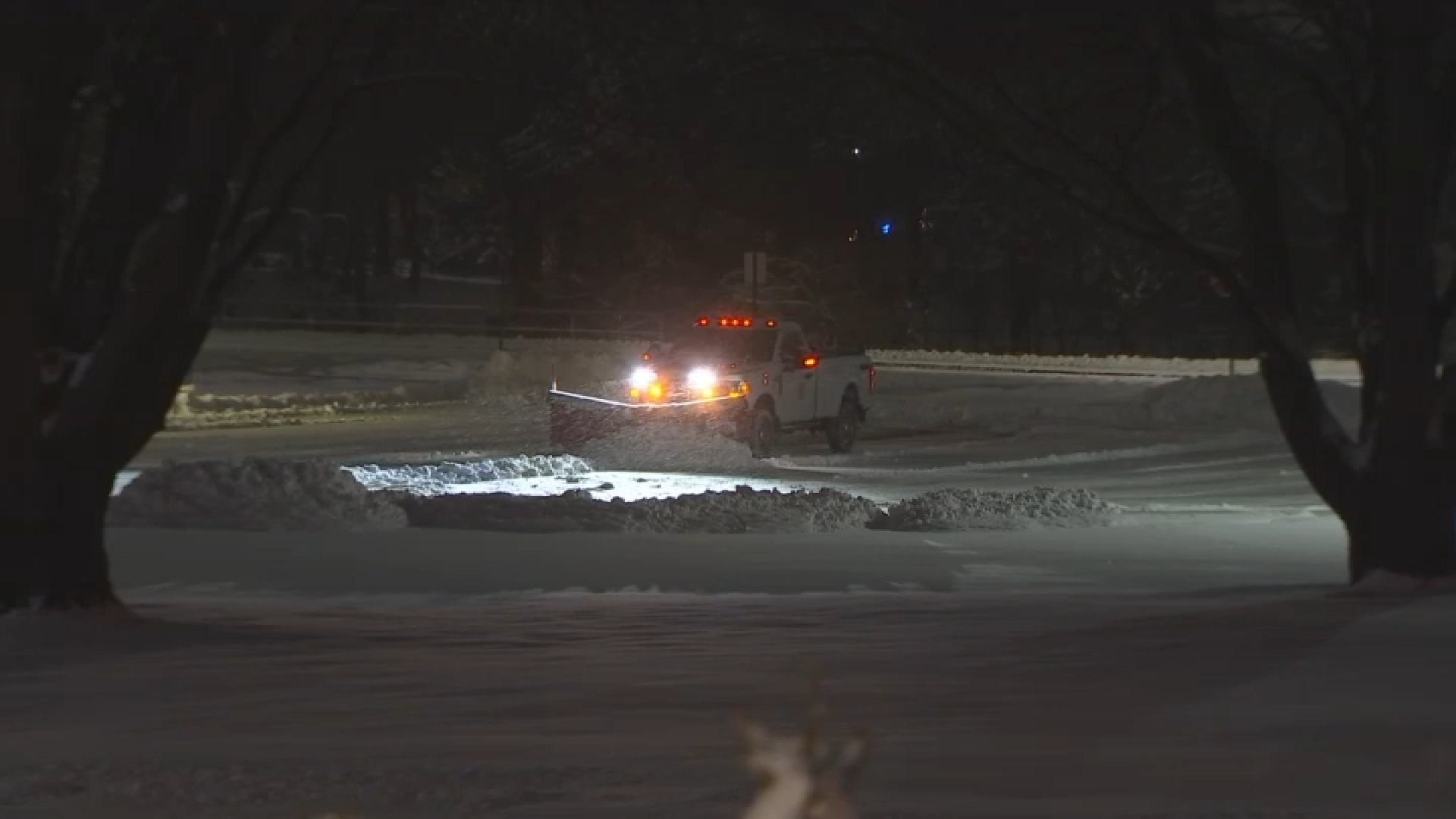Now about mumps, or if you are considering getting a booster shot of the measles, mumps and rubella (MMR) vaccine:
What is mumps?
Mumps is a viral infection that can easily spread among people in close quarters through kissing, the sharing of cups and fluids or competing in sports, according to the Centers for Disease Control and Prevention.
Why are people getting mumps now?
Mumps cases decreased by more than 99 percent since 1967, but mumps outbreaks can still occur even among vaccinated people when someone’s immune system doesn’t respond well to the vaccine, the CDC says.
How do I know if I have mumps?
Symptoms include fever, headache, muscle aches, tiredness, and loss of appetite. Swelling in a person's salivary glands causes puffy cheeks, a signature feature of the disease.
Local
Breaking news and the stories that matter to your neighborhood.
If I am experiencing these symptoms, what should I do?
Ebbing Lautenbach, the chief of infectious diseases at the University of Pennsylvania, recommends that people who may be experiencing these symptoms should self-isolate themselves and limit contact with others for at least five days. Lautenbach also recommends that infected people seek medical care.
Can I still get mumps if I got both MMR shots as a kid?
Although the vaccine decreases your risk of contracting the virus by about 88 percent, its effectiveness can wane over time, meaning a booster shot may be necessary to keep up the body's defenses against the virus, according to the CDC.
Do adults still need to get an MMR booster shot?
According to Lautenbach, you only need to get a shot when an outbreak is occurring.
Adults in the midst of an outbreak who have never received the MMR vaccination or received only one dose as a child should get two doses of MMR vaccine separated by at least 28 days, according to Lautenbach.
People who haven't gotten their MMR vaccination in a longer time than others should prioritize getting a booster shot during an outbreak.
Is there a way to tell if I'm immune to mumps?
The best way to tell if you are immune to mumps is if you received two vaccinations as a child. Blood tests are not necessarily deteriorate evidence of immunity to mumps, measles and rubella.
Over time, your immunity to mumps may deteriorate. Immunity is different for everyone.
Is there any downsides to getting a booster shot?
As with most vaccinations, you may experience soreness or light muscle aches for a short time.
Where can I get an MMR booster shot?
You can get an MMR vaccine at pharmacies, health centers and your local doctor’s office. Make sure to call ahead of time to see if the vaccine is in stock.
Temple's health clinic will offer the permanentine on Wednesday and Friday of next week. The vaccinations will be doled out on a walk-in basis and will be free. The only thing students and staff will need to present is their school ID.
Can you die from mumps?
Most people who get the mumps recover within two weeks, but in very few cases serious complications can occur, such as Meningitis (inflammation of the brain and spinal cord), swelling of the testicles/ovaries (with very few cases of infertility) or permanent hearing loss, according to Lautenbach.



